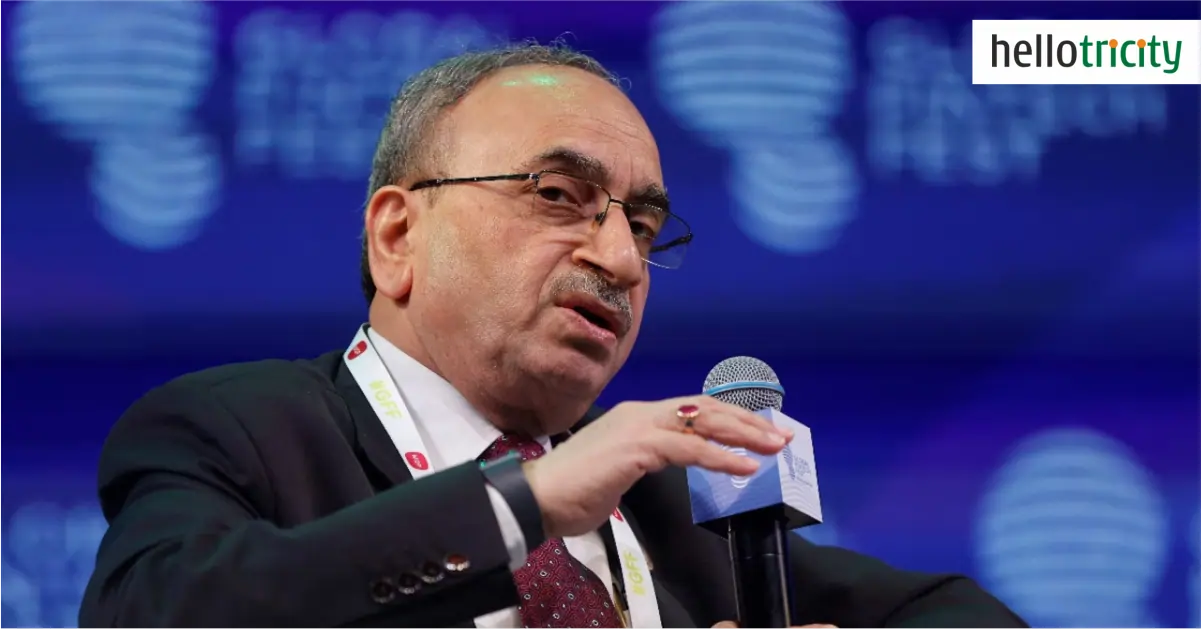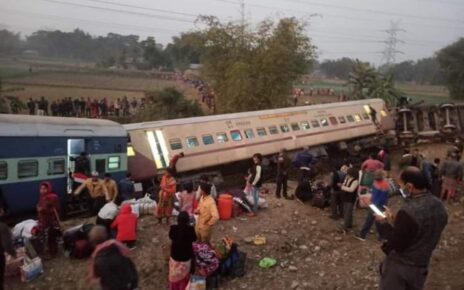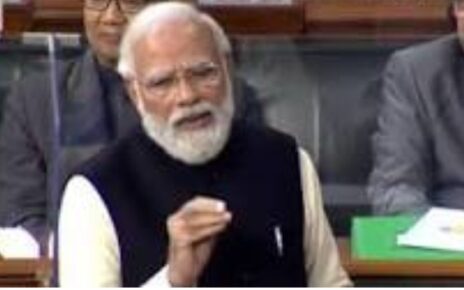Dinesh Khara, who happens to be the head of the State Bank Of India, expressed confidence in its ability to cope with the increasing rivalry in this area. Khara made these remarks during the 38th Regional Conference of the Western Indian Regional Council where he affirmed that SBI has a good capacity for loan growth and at the same time does not face any major hindrance in terms of deposit resources.
Khara emphasized that SBI’s focus remains on sustaining its loan book growth, which he believes will ensure a steady flow of deposits. “We are in a position to support our loan book growth well. So long as we can support this growth, I don’t foresee any challenge in deposit mobilisation,” Khara stated.
To counteract the trend of reducing deposits, many banks in India have launched special fixed deposit (FD) plans that offer more attractive interest rates to attract more customers. HDFC Bank for example, has come up with an FD option of 7.35% for a 35-month term and 7.4% for a 55-month term, applicable on savings under Rs 3 crore. ICICI Bank and Axis Bank have similarly revised their FD entrance rates whereby; ICICI will give you between 3% to 7.20% for your savings or investment as compared to a maximum of 7.75% reserved exclusively for senior citizens. The same is true for Axis Bank too.
Khara noted that while deposit growth remains a challenge industry-wide, the banking sector in developing countries generally surpasses the size of the financial markets. He pointed out that, unlike developed markets where financial markets may overshadow the banking system, in developing nations like India, the banking sector continues to play a crucial role.
SBI has experienced significant expansion in its credit and deposit portfolios. In the first quarter of this fiscal year (Q1FY25), the bank’s credits appreciated by 15.39 per cent over the same period last year. The increase in domestic advances amounted to 15.55 per cent during the same time frame whereas foreign advances recorded an increase of 14.41 per cent from what it was before. The total amount deposited grew by 8.18 per cent to Rs 49,01,726 crore on June 30, 2024, compared with Rs 45,31,237 crore that were deposited in the previous year. However, there was a decrease of 218 basis points (BPS) witnessed in the CASA ratio leading it to settle at 40.70 per cent towards the end of June in year 2024.
Public sector banks are also exploring new avenues to boost deposits, such as targeting healthcare and housing sectors and offering attractive deals for salary and women accounts. Despite the competitive landscape, SBI remains optimistic about its deposit mobilisation strategy and overall financial health.




